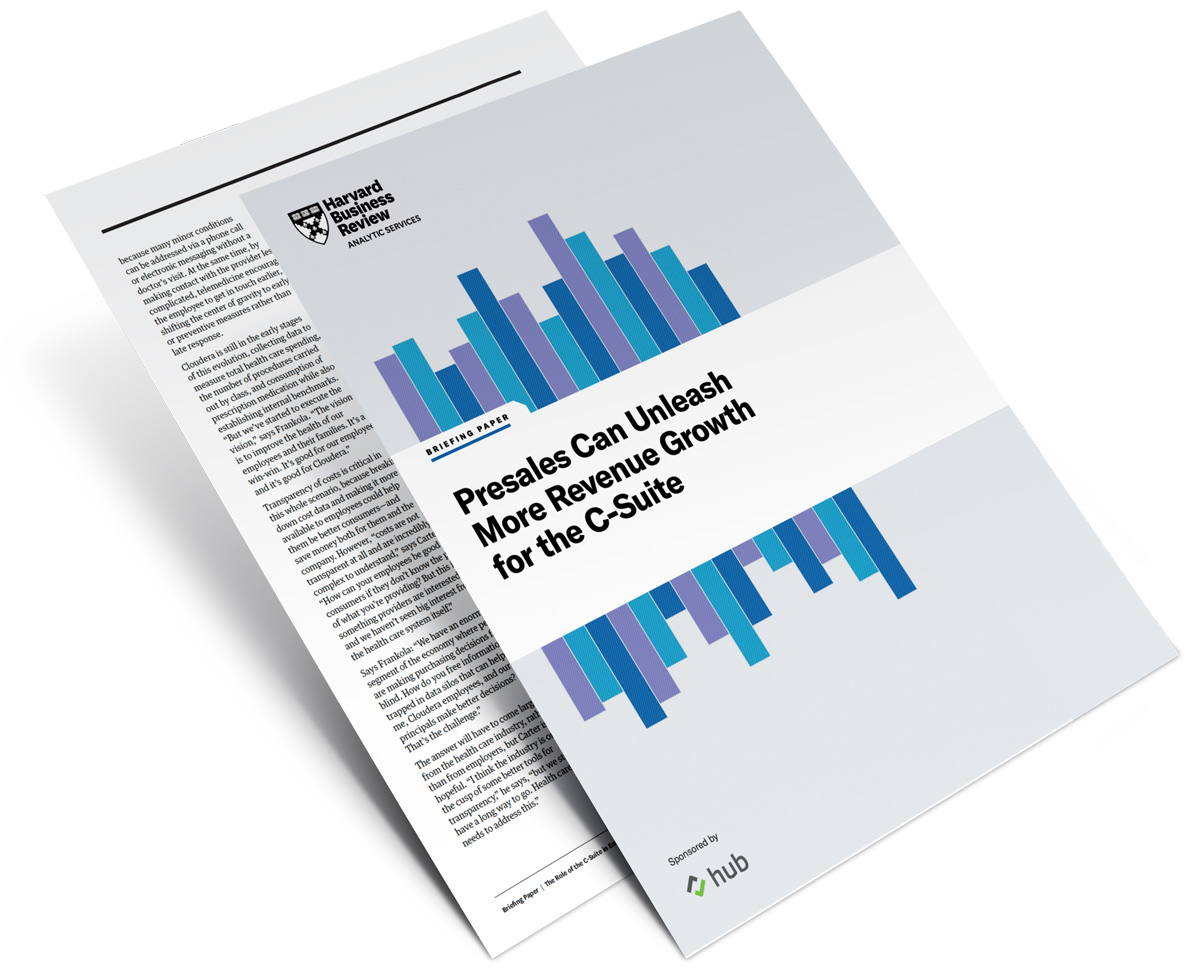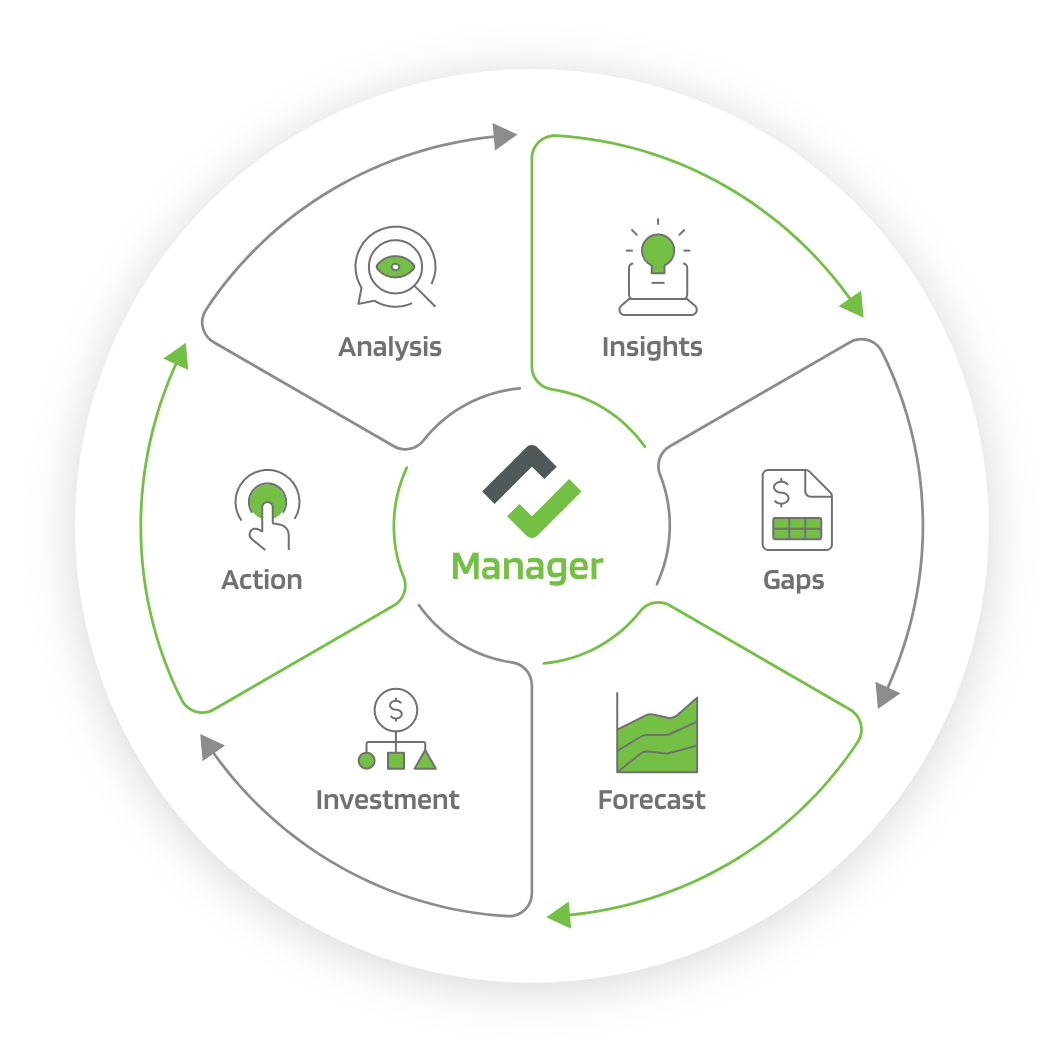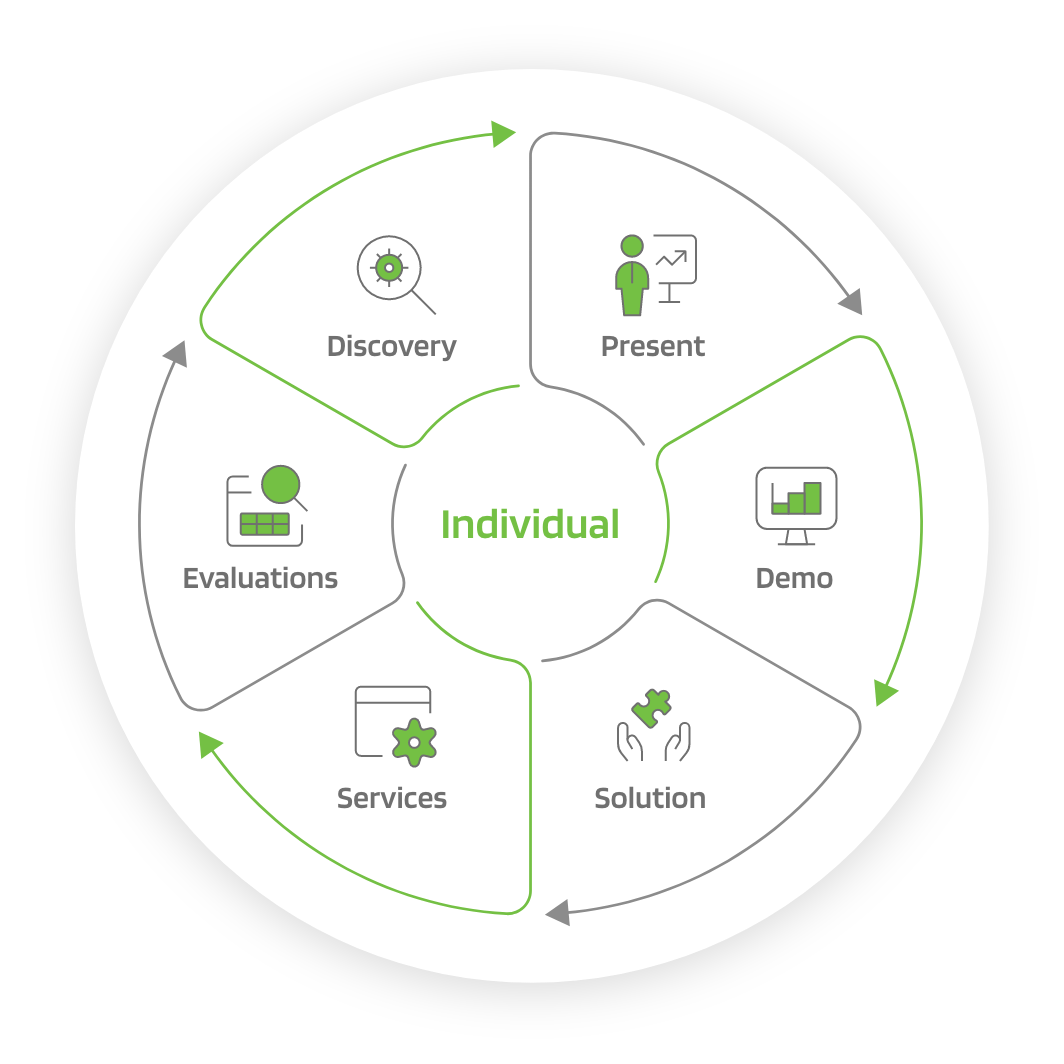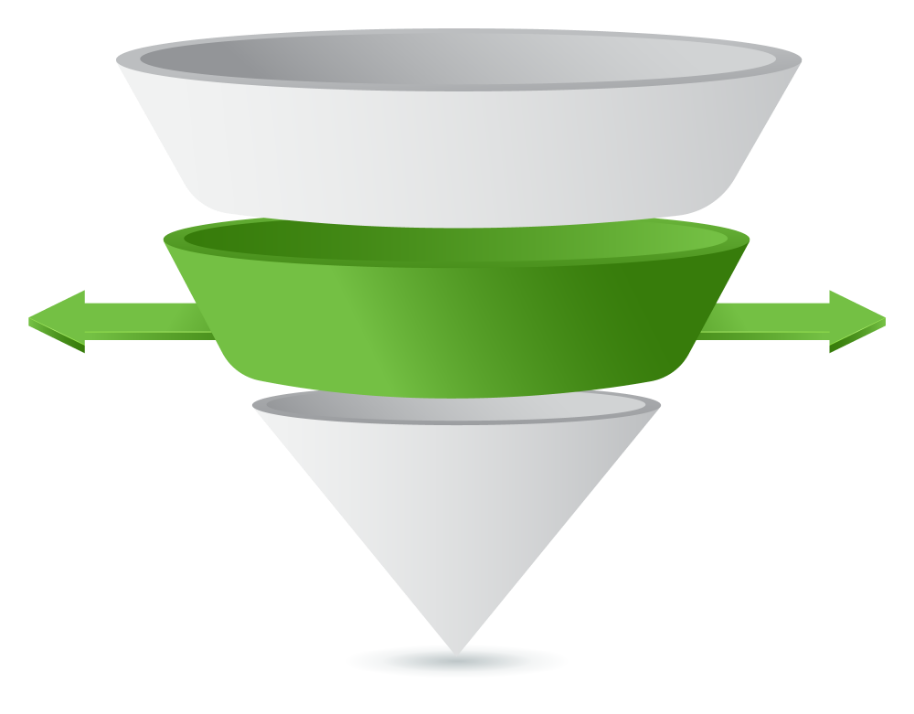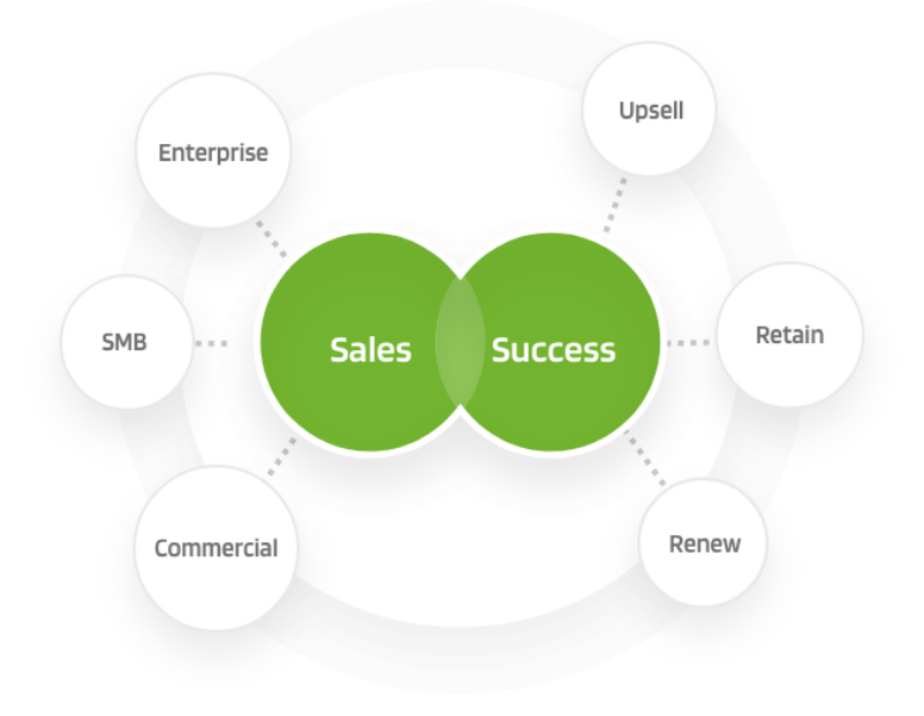
Technical Sales by Hub
What is Sales Engineering in 2021: Improving Presales Meaning as its Influence Increases

What is Sales Engineering in 2021: Improving Presales Meaning as its Influence Increases
The sales engineering profession and term have been around for decades. While this title has morphed to other variants such as presales, solution architects and solution consultants, sales and presales engineering is one of the most commonly recognized terms in technology sales. Sales engineering plays an instrumental role in technology sales. One could even say that technical sales is not possible without sales engineering. After all, sales engineers take care of important tasks such as technical discovery, presentations, demonstrations, and solutions and evaluation management, which encompasses proof of concepts (POCs), proof of values (POVs), guided trials and workshops. Sales engineers are the hub of today’s modern sales motions, and these professionals have long been the unsung heroes of sales. Fortunately, the C-suite, boards of directors and the investment community are beginning to recognize the value of presales engineering. This is primarily due to four trends:
![]()
- Digital transformation everywhere. All industries are embracing digital transformation in their operations, which leads them to procure more technical products, tools and services that can help with those business endeavors. What is sales engineering’s role in your operation? It plays a critical role in helping technical and business buyers determine which products, tools and services can help with a company’s digital transformation.
- Pervasive remote selling. Technical sales is relying less on relationships from sales representatives and account executives and more on the technical merits of the products and solutions. Because of this trend, sales engineers have more influence during a vendor’s sales process.
- Growing technical complexity. Products and solutions are becoming more abstract and complex. For instance, products and solutions don’t exist in isolation and must interoperate with a broad set of systems and support a wide range of use cases and workflows. Sales engineers play the key role in mapping the complexity of technology to simple business terms and value to buyers.
- Product-led growth. These days, potential buyers have more opportunity to experience products and solutions first hand. The result? Purchasing decisions are less reliant on relationships and more dependent on the merits of the product and the support that sales and presales engineering can provide to the buyer in the form of evaluations, guided trials and/or workshops.
With these macro trends likely here to stay, what impact will this have on sales engineering? How will the profession evolve? While it’s impossible to predict with absolute certainty, what is clear are the following trends, which are expected to grow over time.
![]()
- Growing revenue influence. The macro trends have forced C-suite and board members to closely examine how departments are evolving. During that analysis, it has become clear that sales engineering’s influence on growth and revenue is rising in significance. For example, if one sales engineering professional supports 10 sales representatives who each hold a $1M quota, that one sales engineer has direct influence over a $10M target.
- More industry visibility. Sales engineering has historically been overseen by mainstream thought leaders and analysts. But this trend is now changing, thanks to the growing influence of thought leaders like John Care, Peter Cohan, Chris White, Kerry Sokalsky and Nancy Nardin, just to name a few.
- Growing vocal community. Unlike marketing, sales and customer success, sales engineering didn’t have a thriving community. Until now. The hyper-growth of the PreSales Collective (PSC) member community and active participation among its members has elevated the sales engineering profession and shared best practices with both leaders and individual contributors. Once a community has a voice, it’s here to stay.
- Purpose-built tooling. Sales engineers have largely been relegated to performing their daily work using tools like spreadsheets and customer relationship management (CRM) systems. But now that the industry recognizes the important role sales engineering plays, new specialized tooling is emerging, from demo automation by providers like Consensus to presales productivity platforms provided by Hub. These tools will enable sales engineers to better demonstrate and quantify their value within the organization and increase their influence within the C-suite and board of directors.
What is Sales Engineering’s role in your ongoing 2021 strategies? Will the sales engineering profession remain as unsung heroes moving forward? Doubtful. Given these macro market drivers and specific trends, the sales engineering profession will only rise in visibility and influence.
